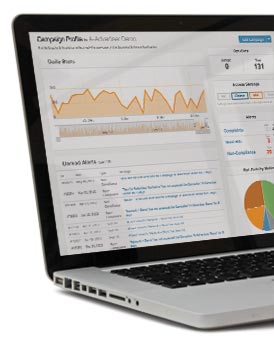As numerous industry experts have highlighted and email marketers have always known, metrics are a critical component of effective email marketing. Email is actually one of the first digital channels where effective performance tracking was possible and it remains one of the most trackable channels today. But, without the right metrics, it is impossible for a company to look at an email marketing campaign and determine whether it was truly effective. Just as importantly, a lack of measurement means that the marketer won’t know what aspect of the campaign require improvement and which were successful.
Email marketing measurement tools have become significantly more advanced over the past few years. Once limited to opens, click-throughs and a few other basic statistics, more advanced tools can reveal much more about the actual impact of a given campaign.
However, email marketers must be careful to utilize the most relevant metrics to optimize their email campaigns. It’s easy to become bogged down in all of the available measurement options and lose sight of the metrics that matter most.
The right metrics for each campaign and business model
Not every metric is relevant to every business or email campaign. In some cases, performance metrics can be misleading, if applied incorrectly. For example, it may be that an email campaign results in a relatively low open rate. By conventional standards, this would seem to suggest that the campaign was a failure.
However, if the goal for the campaign was driving sales, then various sales figures (number of sales, total sales revenue, etc.) are the real key performance indicators (KPIs). It could very well be that while a relatively low percentage of recipients opened the email, those that did were highly likely to make a purchase. In this case, the campaign could have been a real success (driving solid ROI), even though the open rate was poor compared to industry averages.
The key here is for companies to establish clear objectives for each campaign and then identify the metrics that will best determine the success of the initiative. Other metrics may still provide useful insights, but they are ultimately less important than the identified KPIs.
Turn measurement into action
Of course, choosing the right KPIs becomes far more valuable if the company is also committed to acting upon the insights they reveal. Too often, companies spend a lot of time and energy compiling stats for every email campaign, but fail to act on the information they’ve gathered. It’s useful to know if a campaign was successful in a vacuum, but there is even more value in taking those metrics and using them to optimize future campaigns.
Picking the right metrics to determine each campaign’s success and being diligent in applying the learnings from each campaign into future initiatives will go a long way toward producing a long-term, successful email marketing program.

